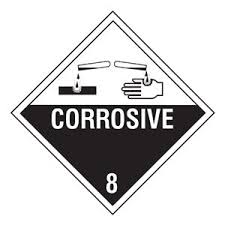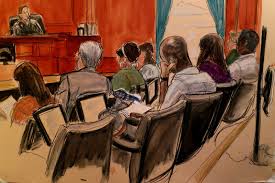I have written before about my case against the Georgia Department of Transportation and the City of Atlanta about a defective median installed in the middle of the City of Atlanta’s busiest street, Peachtree Street, in the heart of Buckhead at the intersection of Peachtree Street and Piedmont Road. This intersection may well be one of the busiest intersections in Buckhead, the city’s premiere retail, hotel and financial district. This median was installed in October 2007 and was opened for the motoring public without sufficient warning signage and without sufficient lighting. My clients’ daughter was killed in 2008 in a single car accident when the driver of her car hit the median, because it was not readily visible and was not appropriately marked. We filed suit in back in 2010 and are still fighting four years later. Various appeals have lengthened the litigation. We continue to fight. On November 12, 2014, we received a wonderful opinion from the Georgia Court of Appeals that will allow us to proceed with a jury trial against the City of Atlanta. Below if the opinion. We had already received a similar opinion regarding our claims of negligence against the Georgia Department of Transportation. This puts us one more step toward justice for the family.
Robin Frazer Clark pursues justice for those who have personal injury claims as a result of being injured in motor vehicle wrecks, trucking wrecks, defective products, defective maintenance of roads, premises safety, medical malpractice and other incidents caused by the negligence of others. Ms. Clark is the 50th President of the State Bar of Georgia and a Past President of Georgia Trial Lawyers Association and has practiced law in Georgia for 26 years. Mrs. Clark is listed as one of the Top 50 Women Trial Lawyers in Georgia and is a Georgia Super Lawyer. Robin Frazer Clark~Dedicated to the Constitution’s Promise of Justice for All.
 Atlanta Injury Lawyer Blog
Atlanta Injury Lawyer Blog























